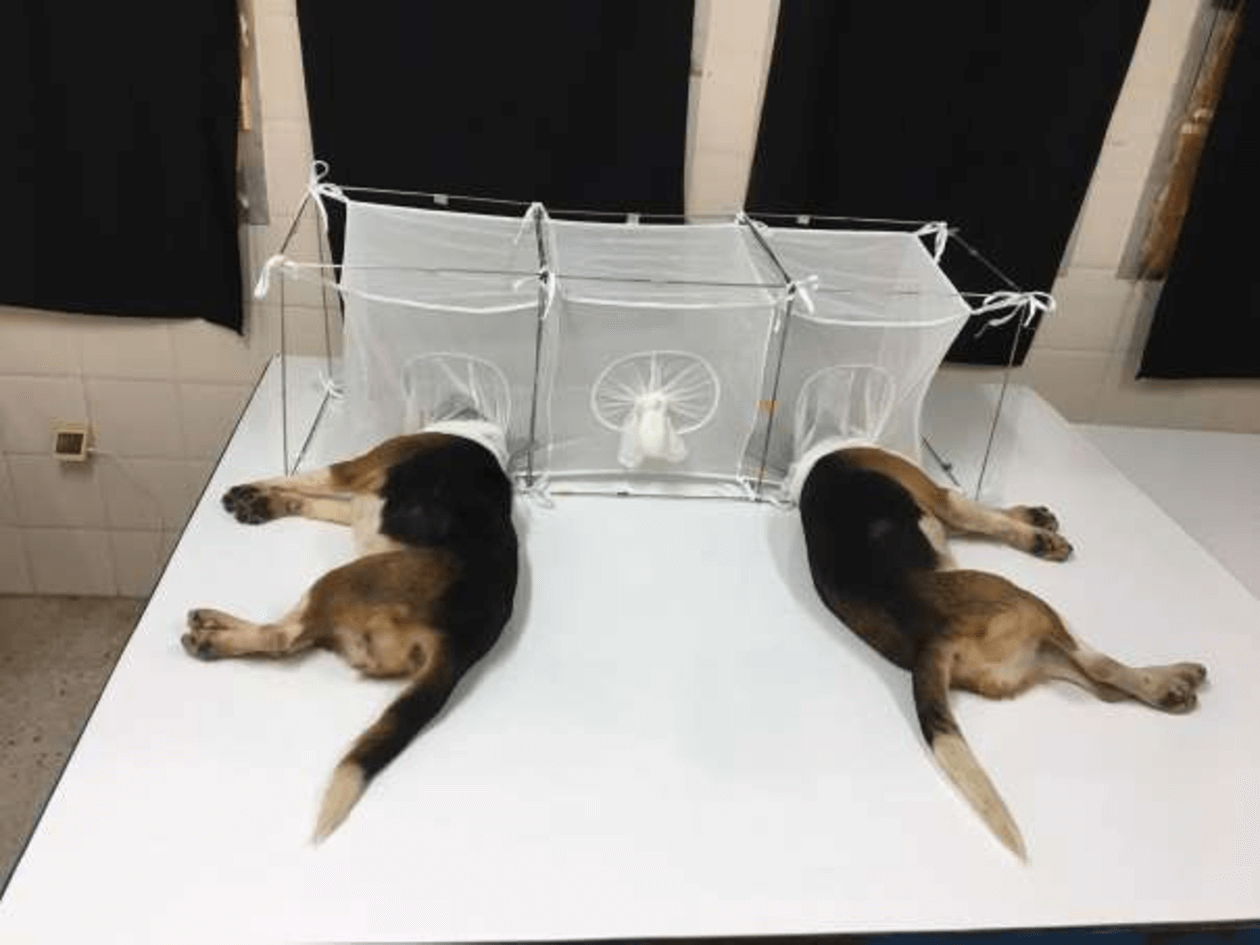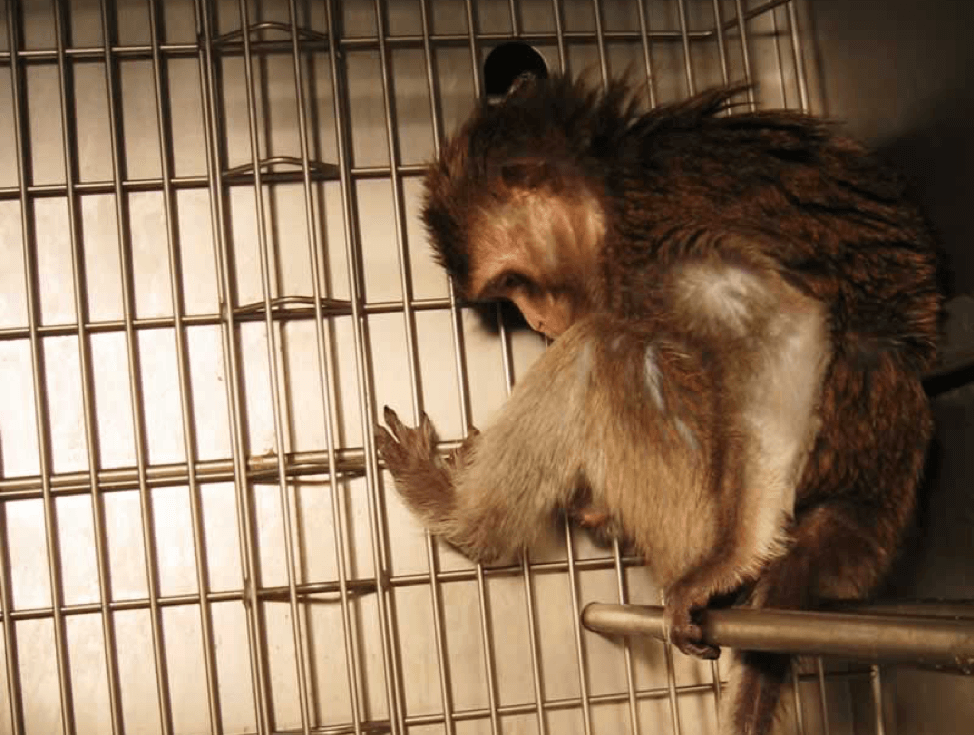Urge Biden to Appoint New NIH Director That’s Pro-Modern Science, Anti-Animal Testing
Update (May 15, 2023): President Joe Biden plans to nominate Monica Bertagnolli, the director of the National Cancer Institute, to be the next director of the National Institutes of Health (NIH). When Bertagnolli started her current job, PETA sent her our white paper “Modernizing Cancer Research,” which outlines the failings of cancer experiments on animals and makes recommendations on how to improve cancer research in the U.S. If she’s confirmed as NIH director, we urge her to end to the agency’s phenomenal waste of about $20 billion every year on experiments on animals and to adopt the strategy outlined in PETA’s Research Modernization Deal, a plan for modernizing all U.S research by phasing out ineffective animal experiments and investing in superior, non-animal methods.
Bertagnolli will also need to crack down on the agency’s rogue staff, who can’t seem to go a hot minute without denying an animal pain relief or allowing an animal to drown or die of dehydration. PETA is asking the White House Office of Science and Technology Policy to step in, put an end to this cruelty, and fire these violators of animal welfare guidelines. Add your voice to ours by taking action here.
PETA supporters have a rare opportunity to influence the course of scientific research in the U.S. and help end decades of cruel and wasteful animal experimentation. We must seize it.

Following the resignation announcement of National Institutes of Health (NIH) Director Francis Collins, the Biden administration is gearing up to appoint a new head of our country’s premier health agency. We need PETA supporters to flood the president’s inbox with messages urging him to appoint a director who’s committed to bringing the agency into the 21st century by investing in cutting-edge, animal-free research methods.
NIH needs a visionary leader who understands that animal experimentation has failed to help humans and must end. The evidence is clear:
- Ninety-five percent of new drugs deemed safe and effective in animals inside laboratories are found unsafe or ineffective in humans.
- Eighty-one percent of the time, animal tests fail to detect the potential side effects of drugs in humans.
- Ninety percent of basic research, most of it involving animals, fails to lead to any human treatments.
- Eighty-nine percent of preclinical experiments can’t even be reproduced—which is fundamental to good science—resulting in an annual waste of $28 billion.
The failure rates for specific diseases are appalling:
- One hundred percent of treatments for strokes (based on 1,000 new agents in 100 clinical trials) and sepsis developed in animals have failed in humans.
- More than 99% of Alzheimer’s disease treatments developed in animals have failed in humans.
- Only 3.4% of oncology drugs tested on animals succeed in humans.
- There’s no vaccine for HIV, despite decades of experiments infecting monkeys and other animals with similar viruses.
- There’s no cure for nearly all forms of cancer. Despite a 50-year “war on cancer,” the disease is still the number two killer of Americans, just as it was in 1971.

NIH’s new director must put America’s health first and firmly say no to all the animal experimenters who have been driving policy at the agency for the last decade. The areas that can actually help humans must be funded: epidemiological studies, in vitro work using human cells, integrative modeling and molecular simulations or three-dimensional printed human tissues, cell-based assays, and organs-on-a-chip.
To help, PETA scientists have developed the Research Modernization Deal, which outlines a strategy for ending what doesn’t work—experiments on animals—and funding research that’s relevant to human health. Members of the European Parliament recently reviewed it and voted to direct the European Commission to develop a plan to end all animal testing.

